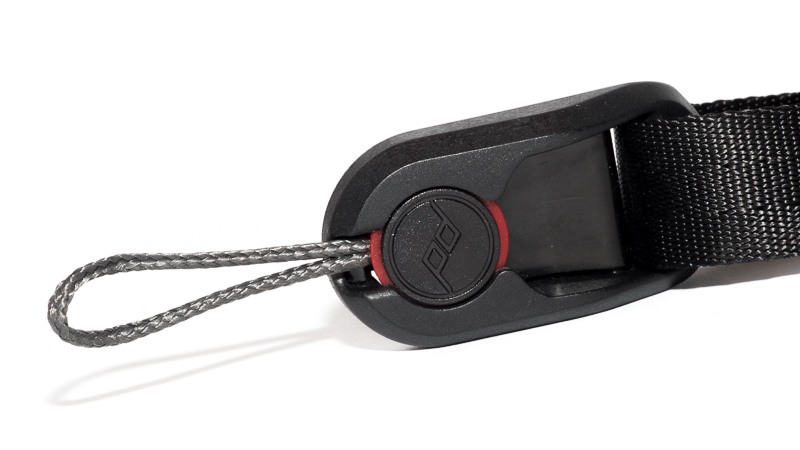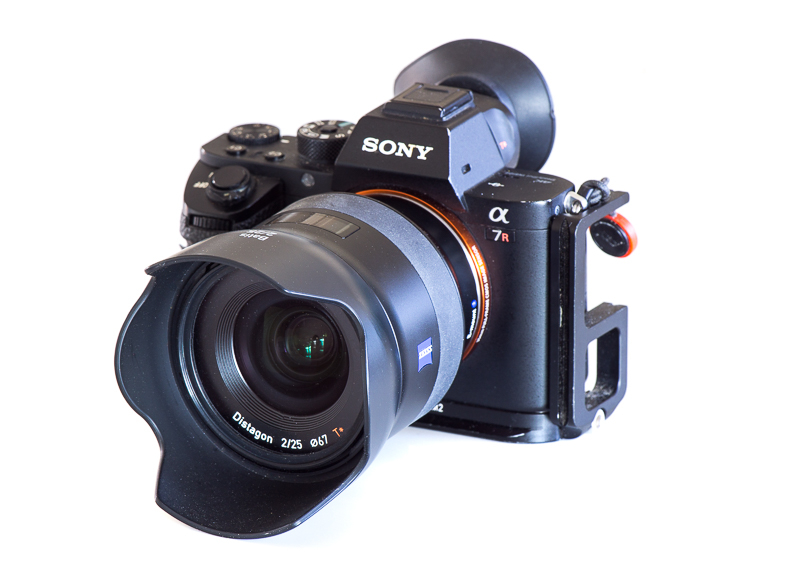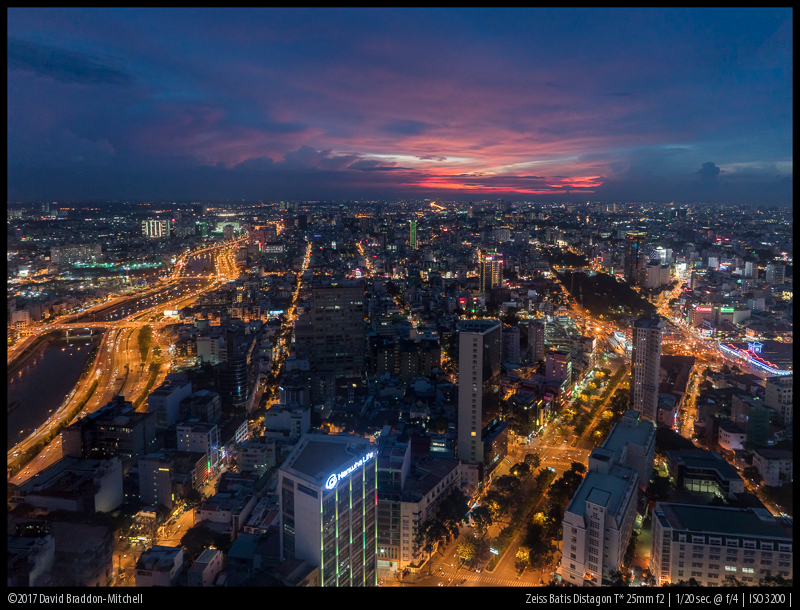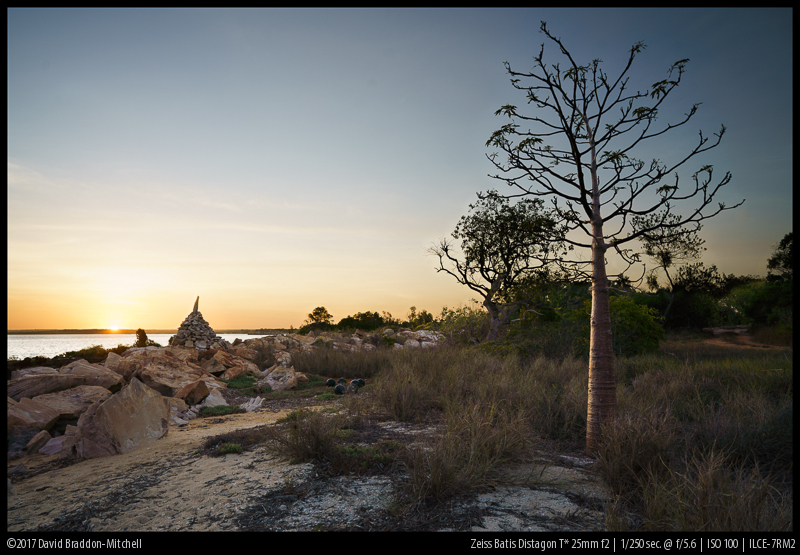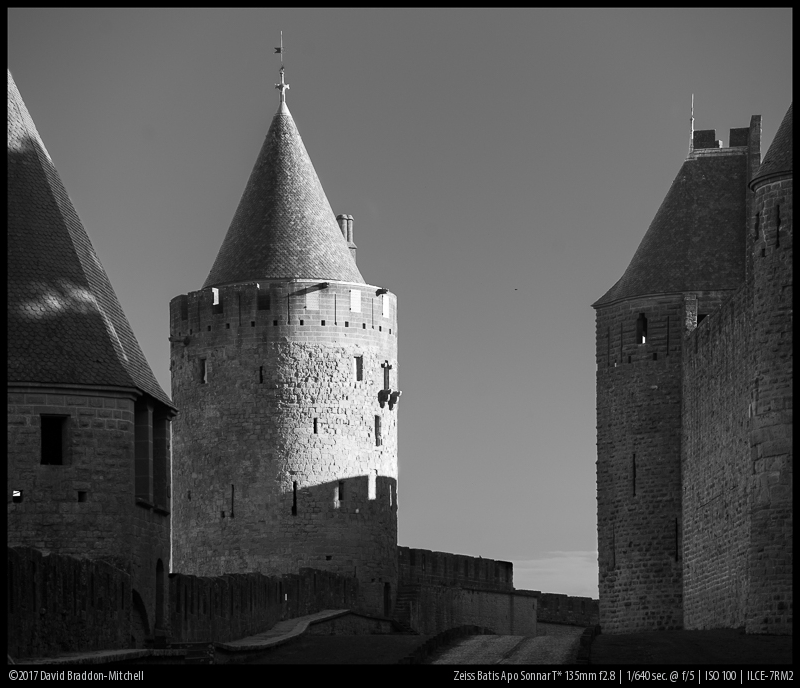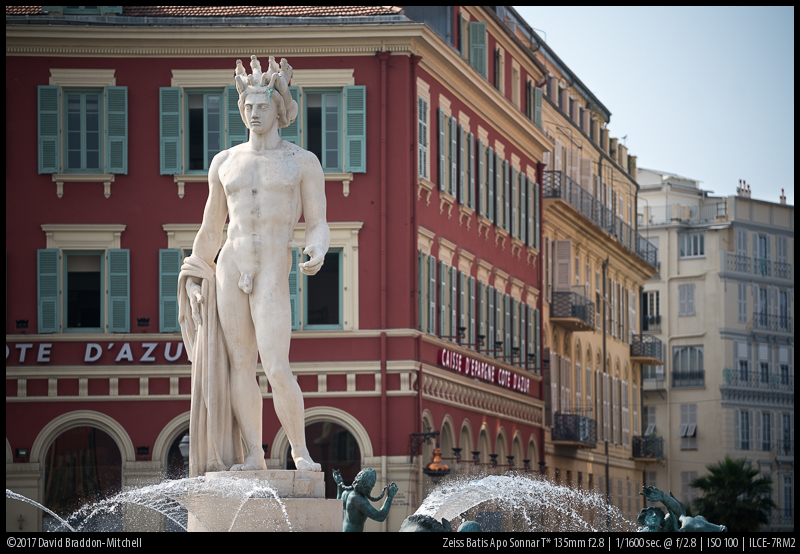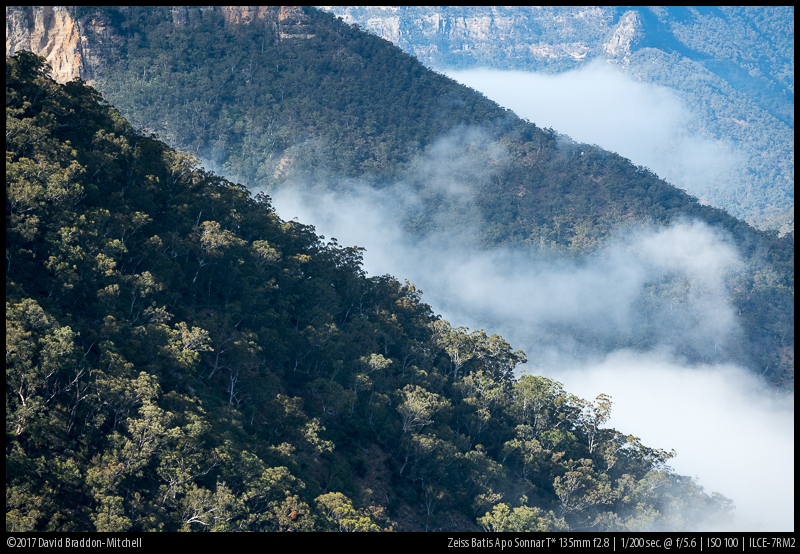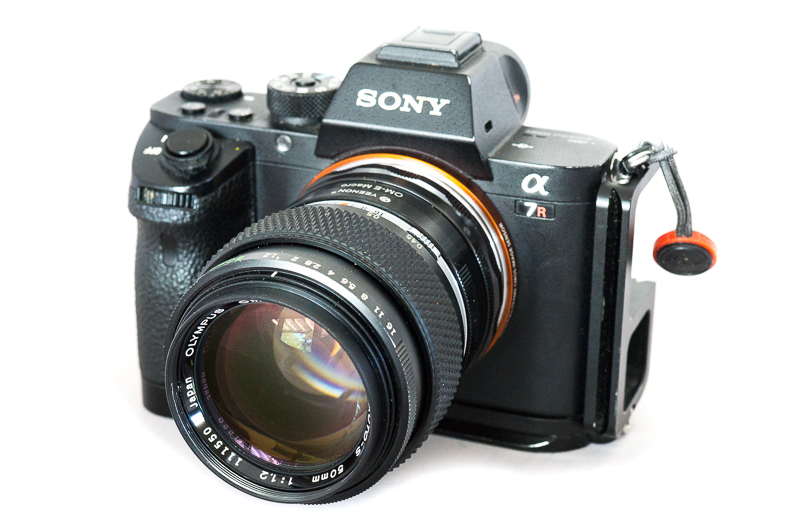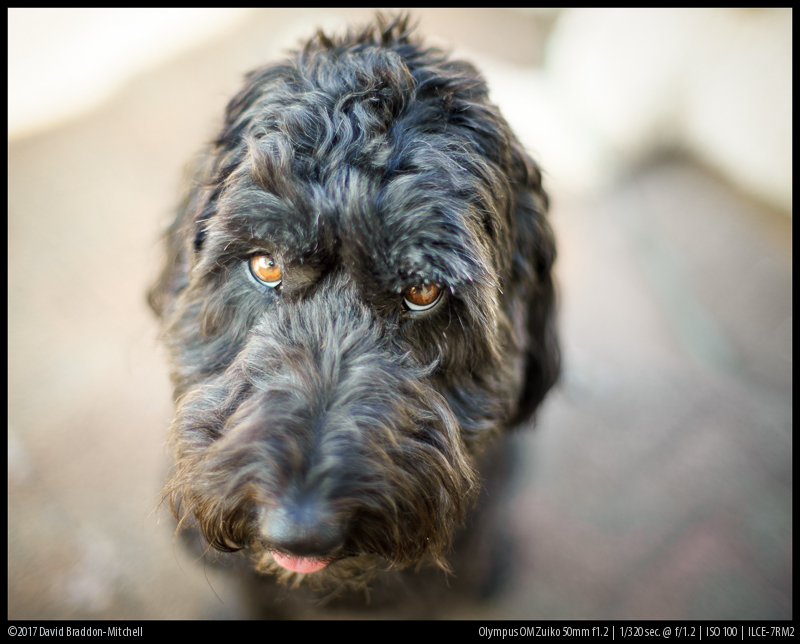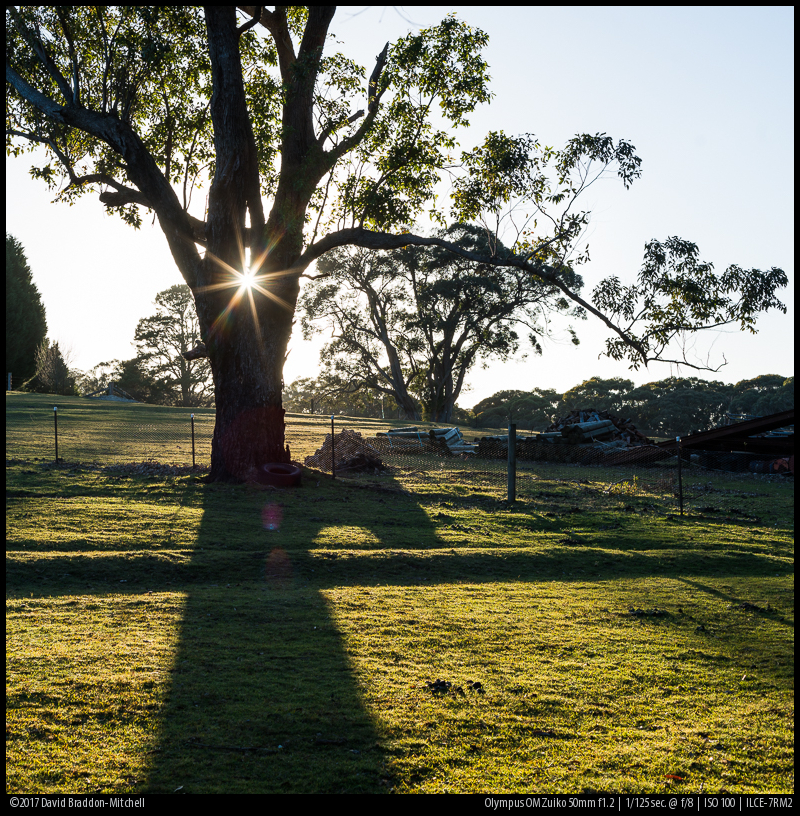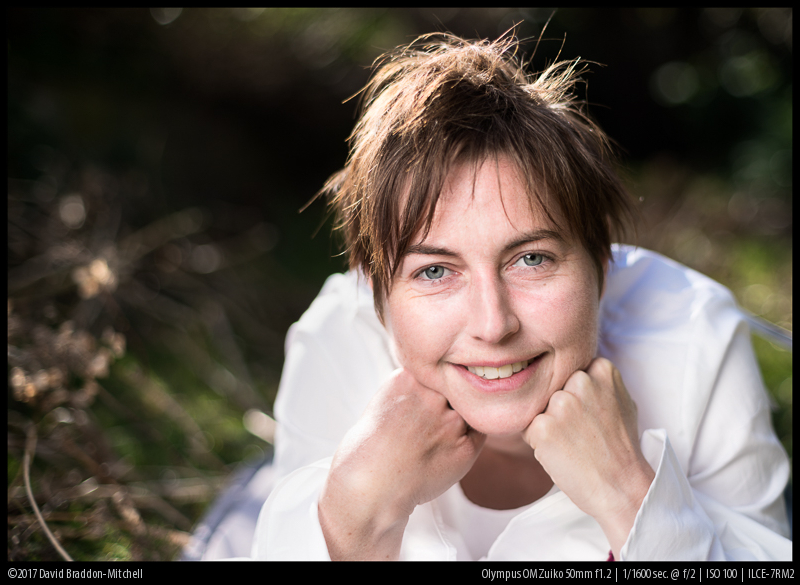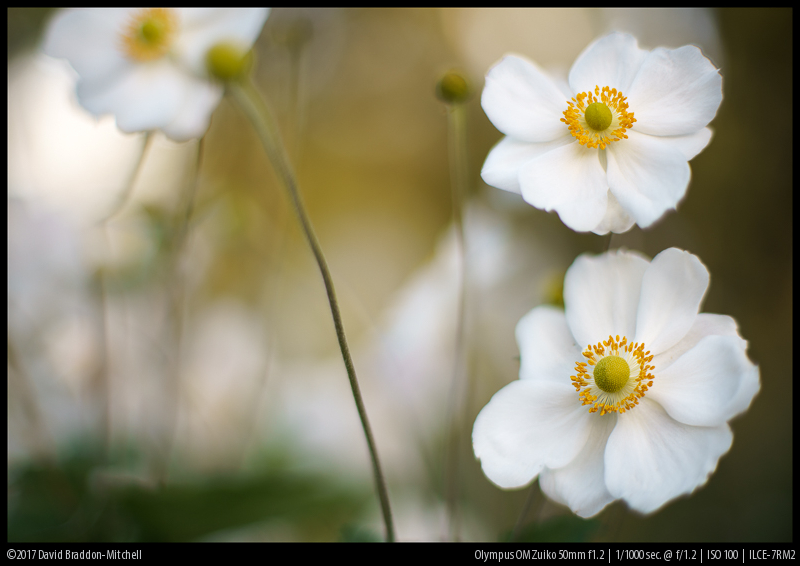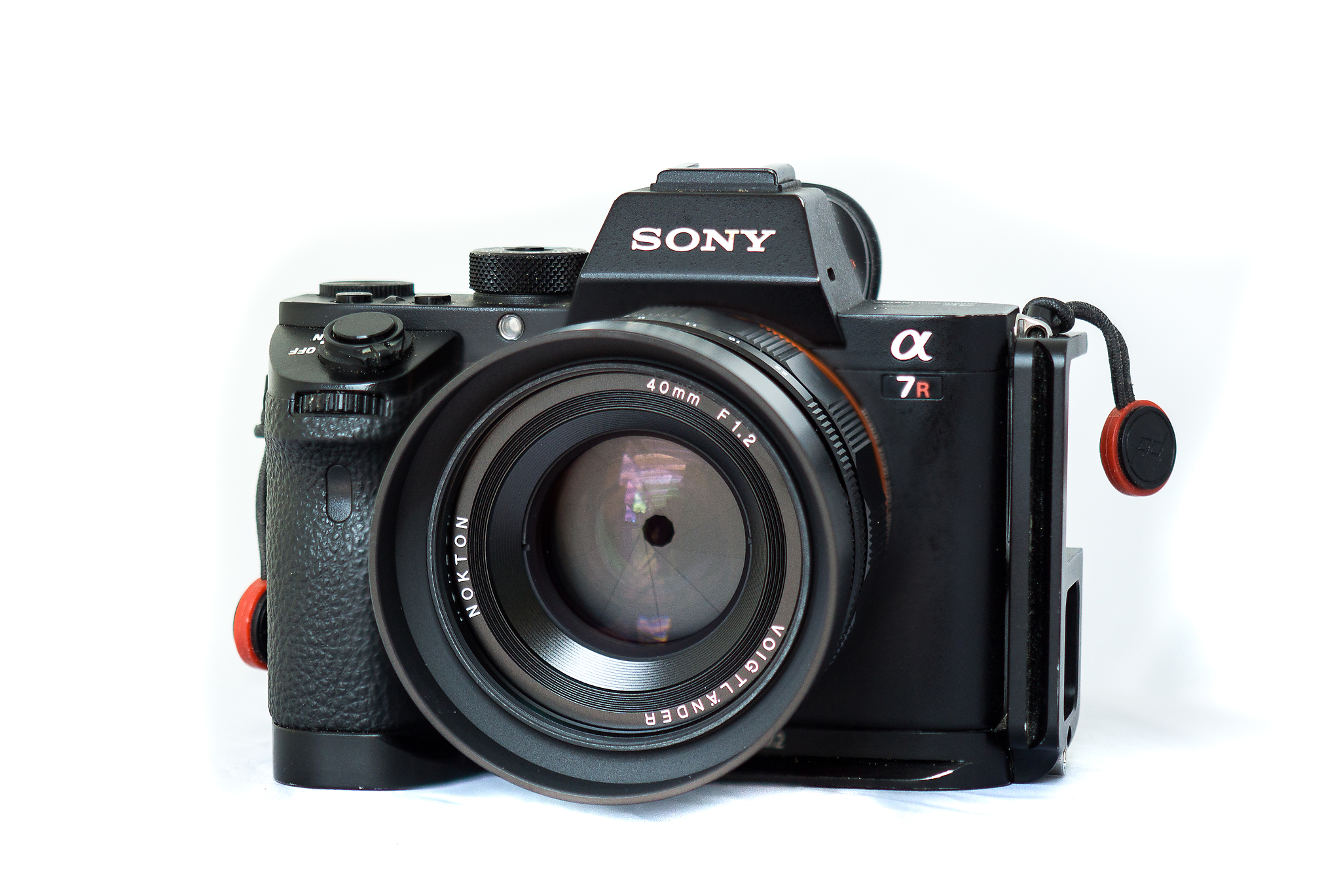
Introduction
40mm. One of my favourite focal lengths. Long ago the Voigtländer 2/40mm Ultron was glued to my Canon. Even longer ago, the Zuiko 2/40 was a favourite on my Olmpus OM film gear. The 40mm equivalent 20mm Lumix was my favourite lens on the M43 gear I used to use for travel and hiking. So naturally a native 40mm full frame lens for E mount has me very excited.
That slightly wider than standard lens look (close to the theoretical ‘normal’ focal length of 43mm) gives a lovely, natural perspective that leaves the photographer, rather than the angle of view, in charge of the image. But of course the cost of the slightly wider angle of view is less potential for bokeh; the nice, isolating, out-of-focus blur that people prize in people photography. That’s why the speed on this lens is potentially so great. Perhaps f1.2 sounds extreme, but the actual blur potential is about the same as f1.4 on a 50mm lens. So in order to keep up with a 50mm lens in terms of blur, you really do want a bit of extra speed on moderate wides. 40mm is a great length for portraits which place people in a context: but you don’t want that context to dominate, so being able to see the context but have it nicely blurred is a fantastic combination. But what price do we pay for that? Is the IQ on this surprisingly small and fast lens good enough? Thanks to Mainline Photographics who are the Cosina Voigtländer distributors in Australia, for the loan of a review copy.
A Few Samples


Continue reading Voigtlander 40mm f1.2 Nokton Aspherical: An In Depth Review →
